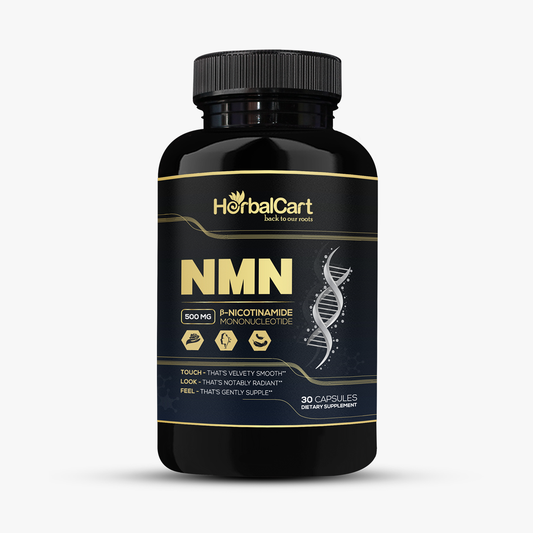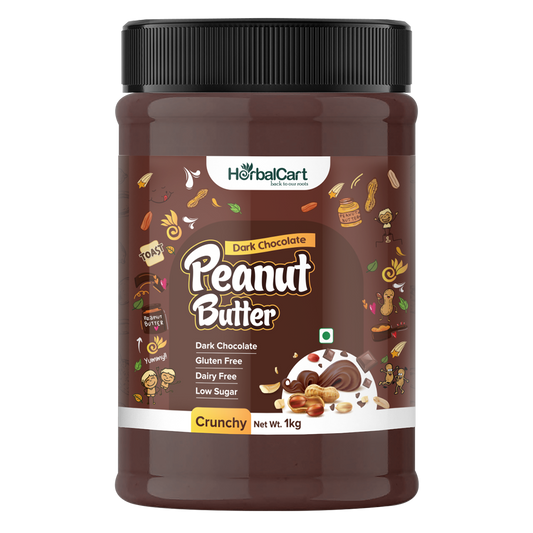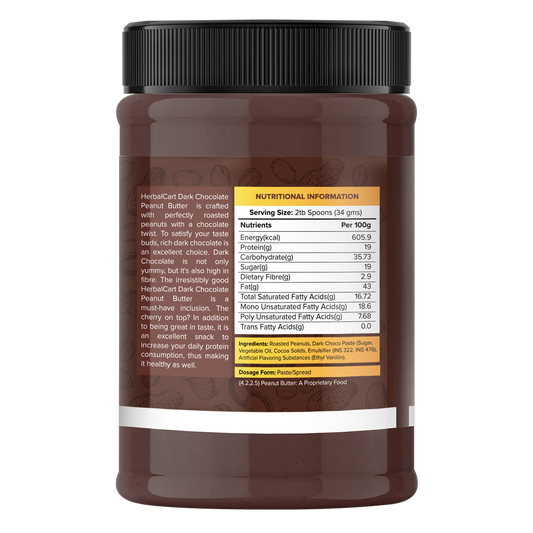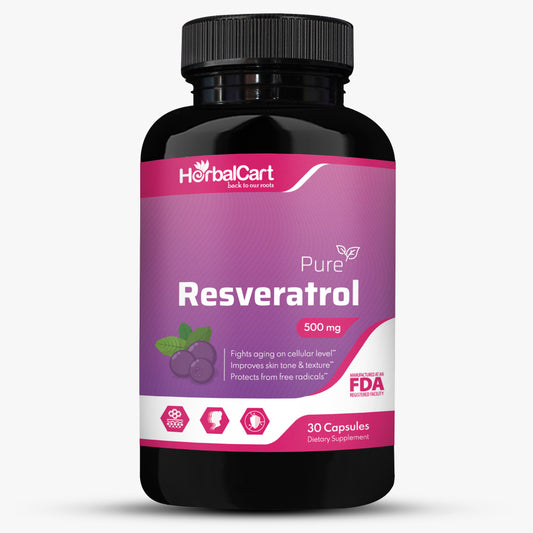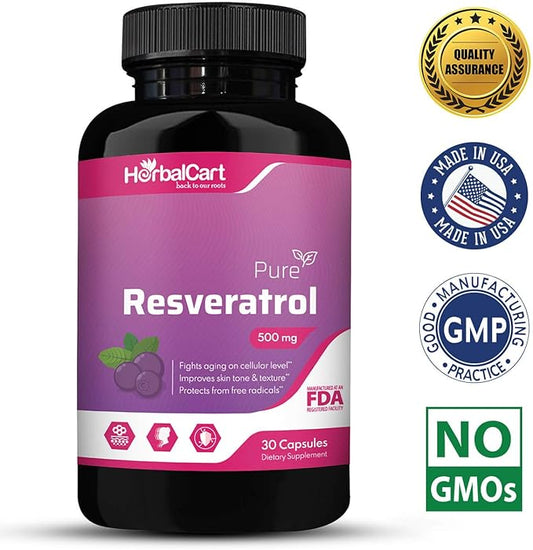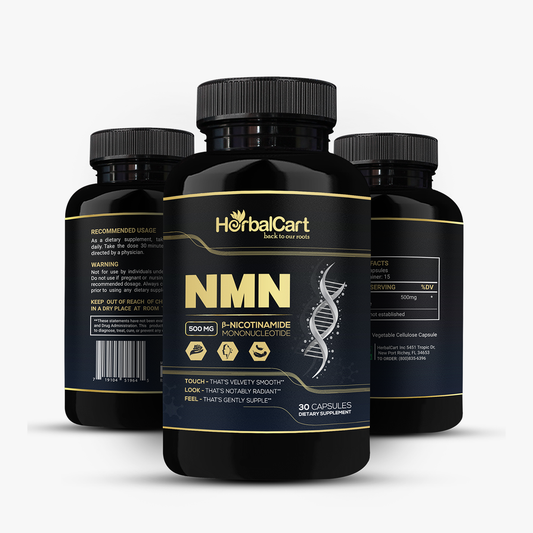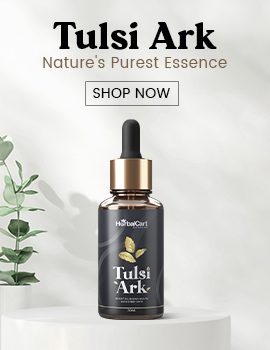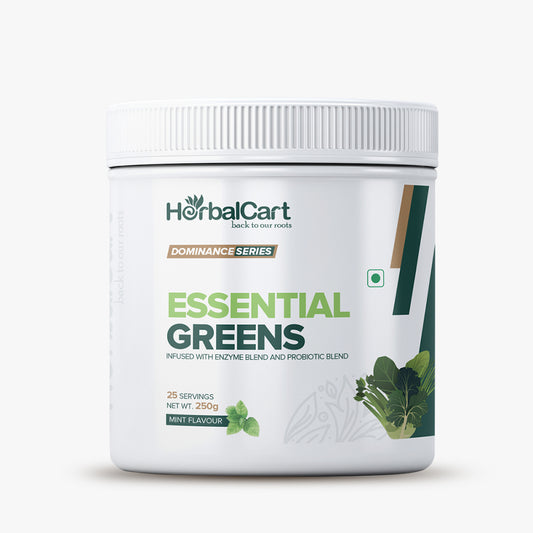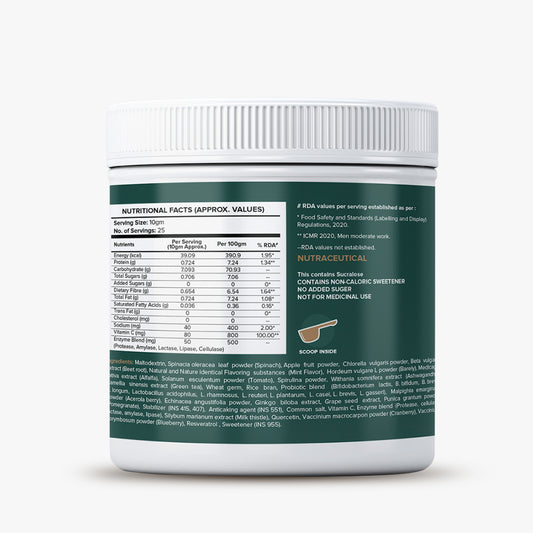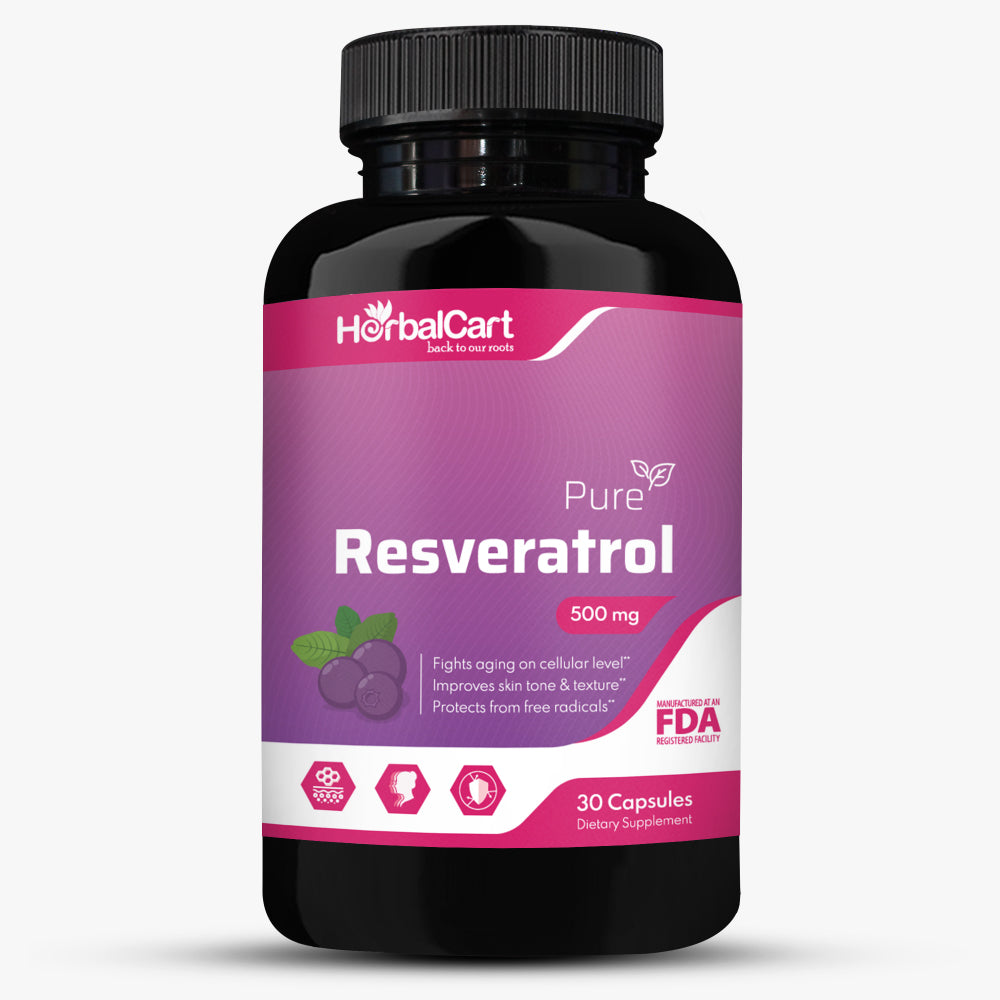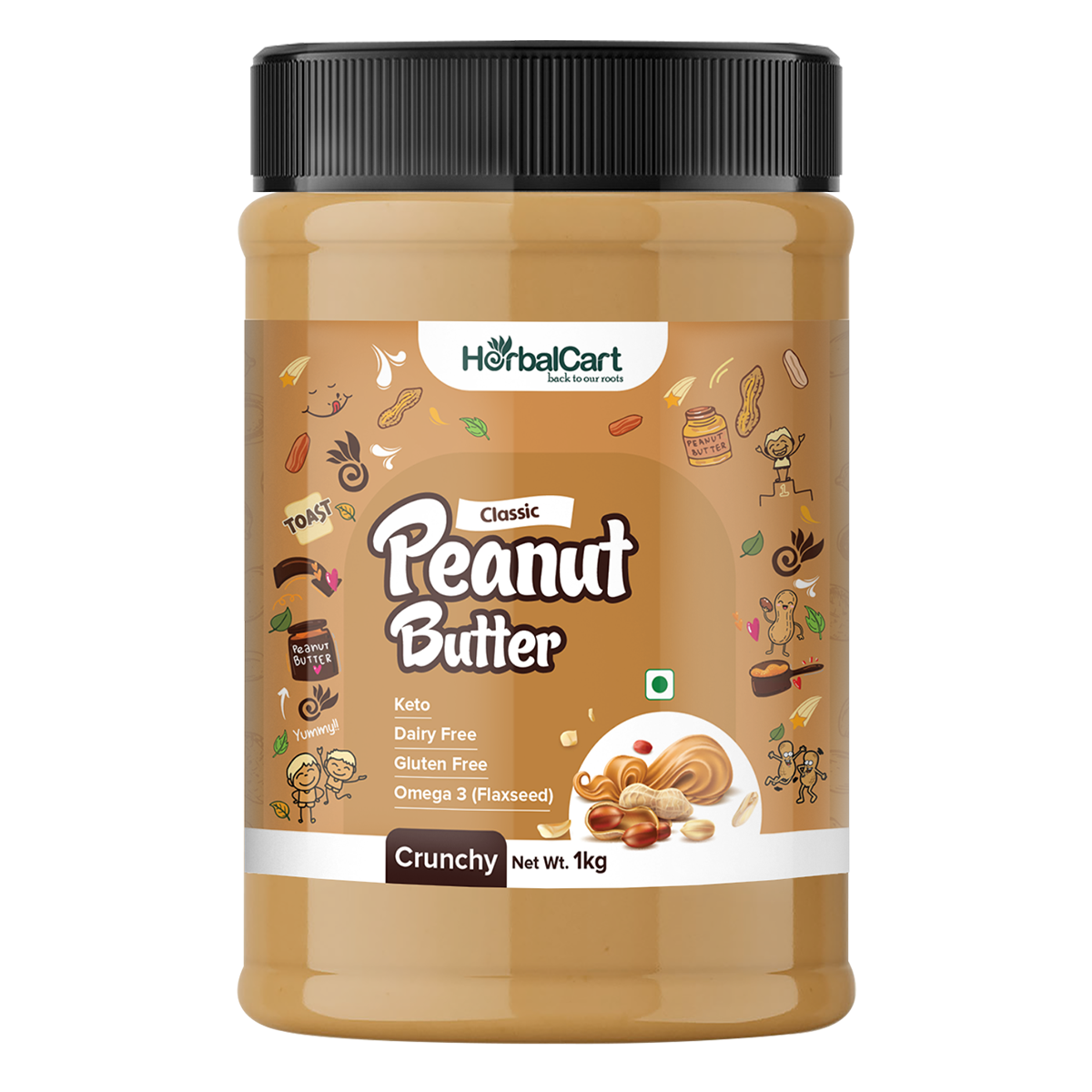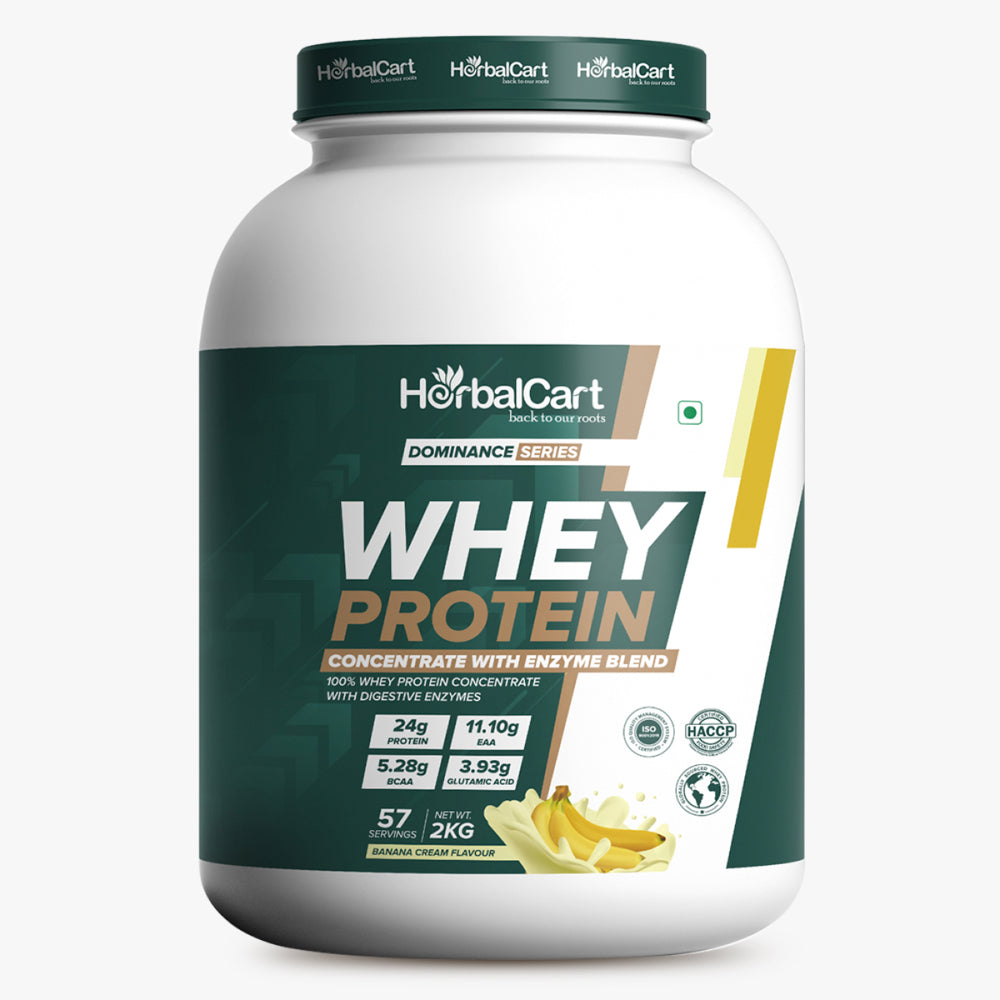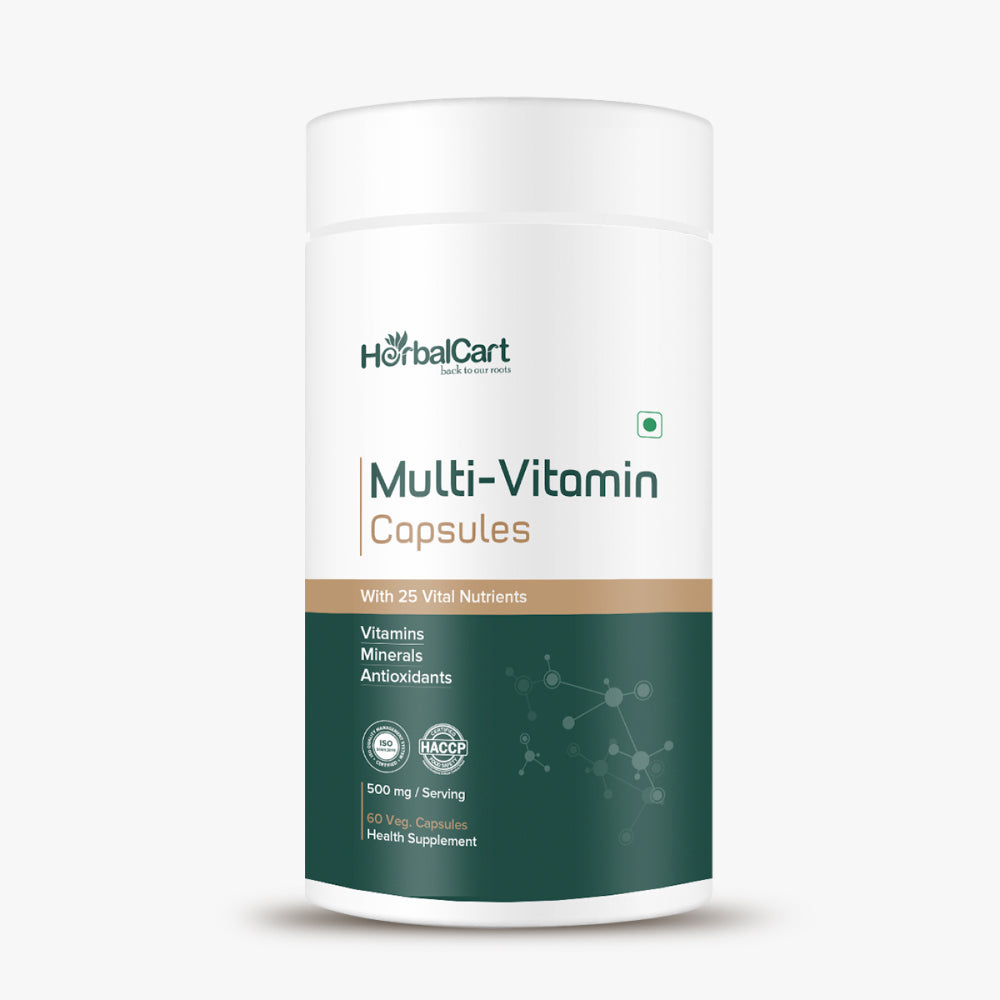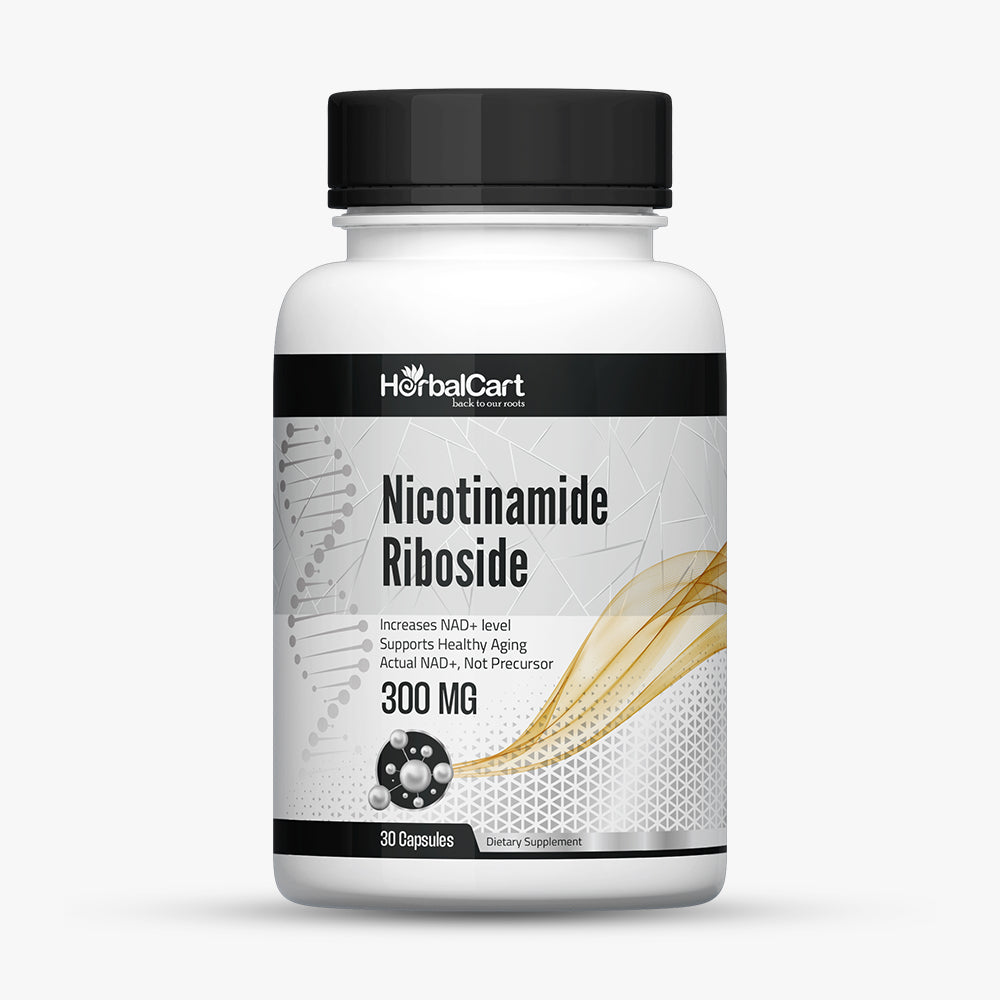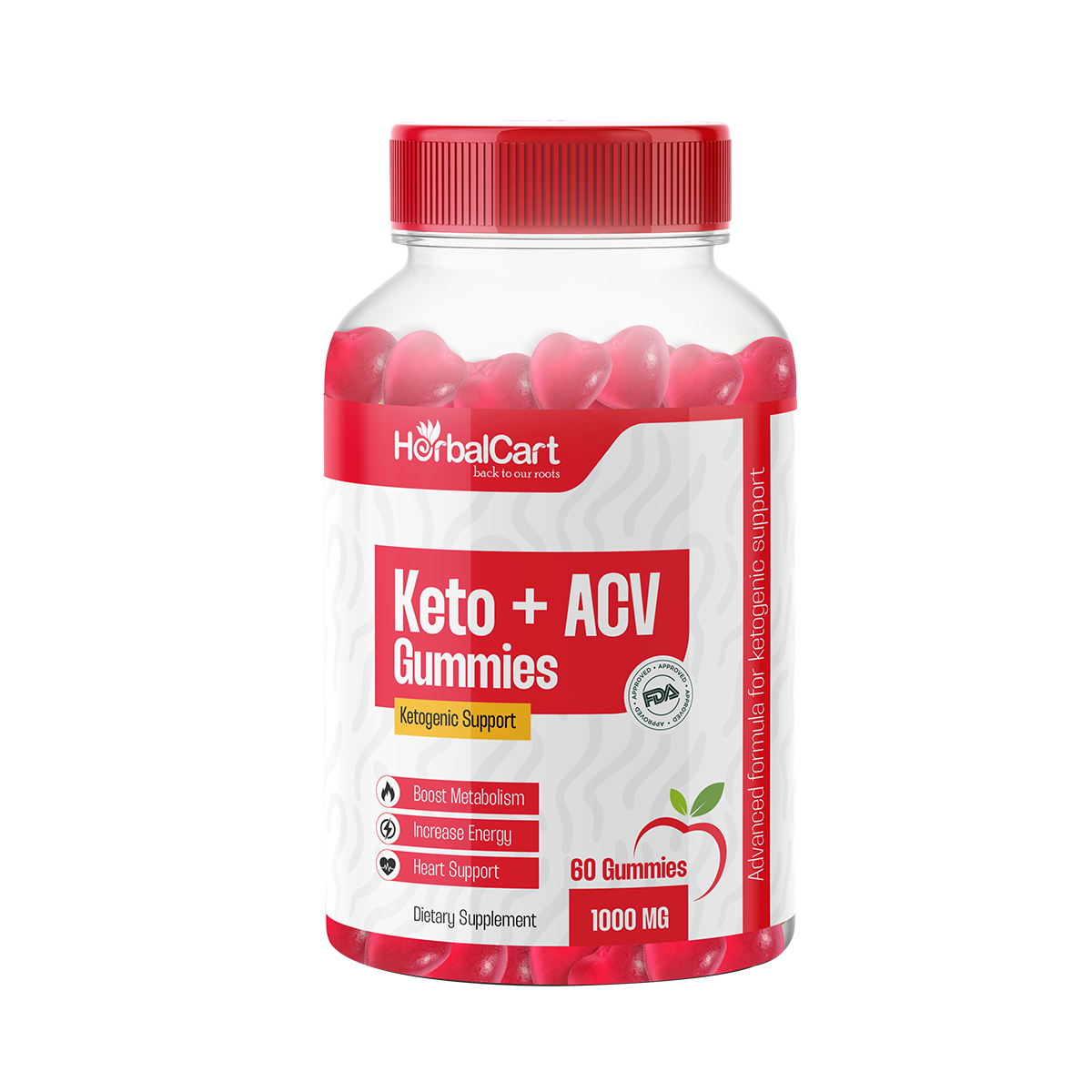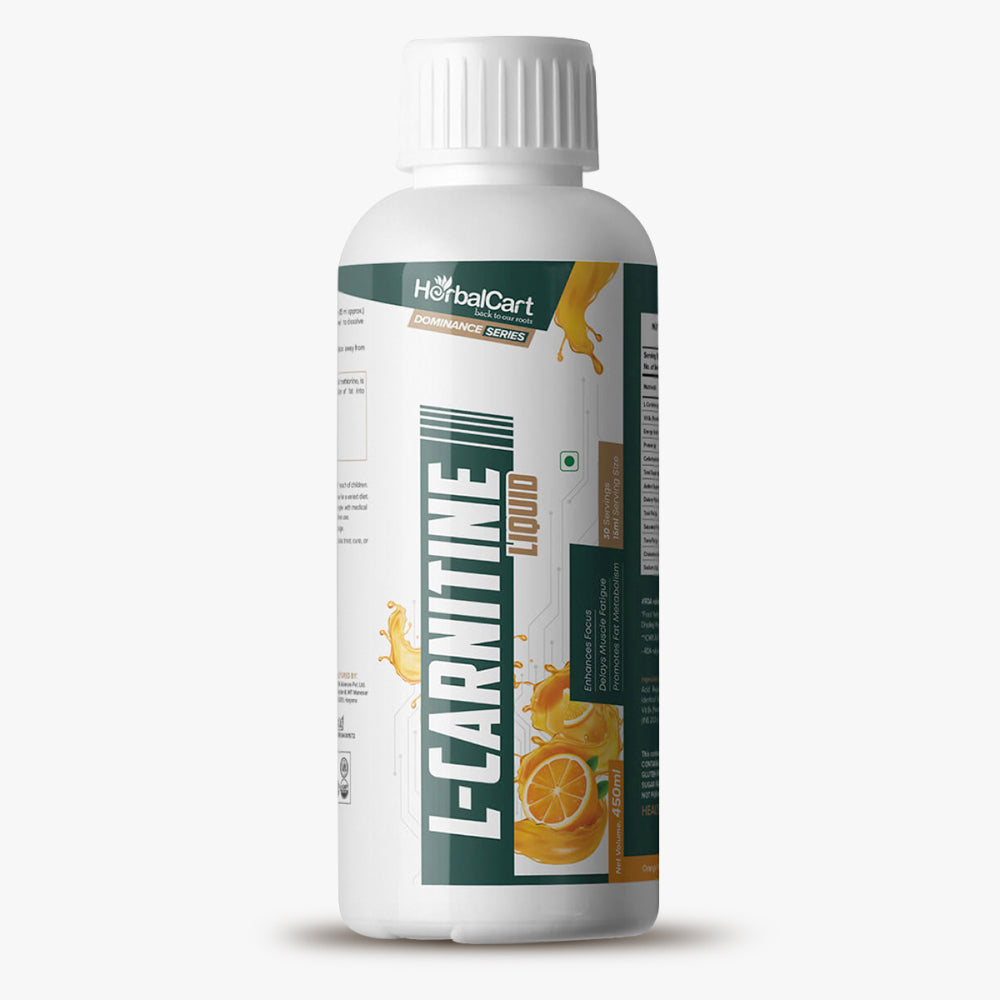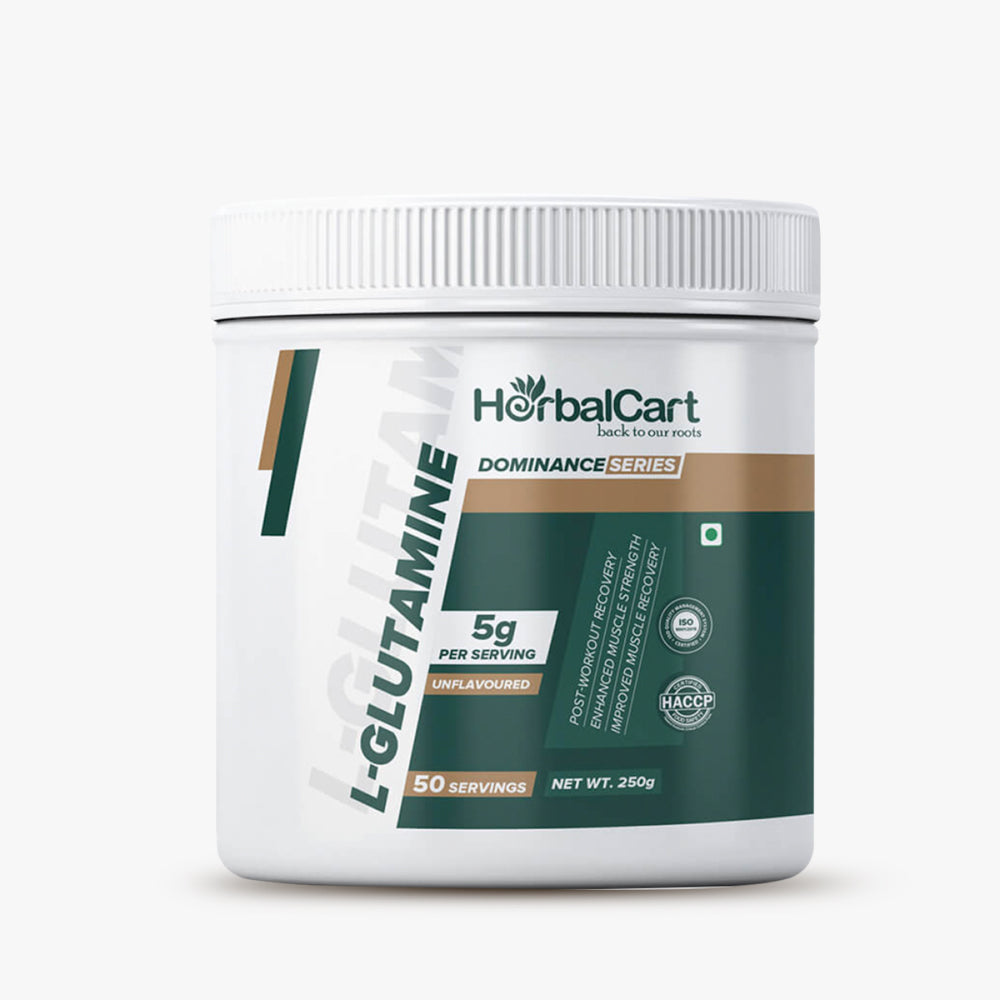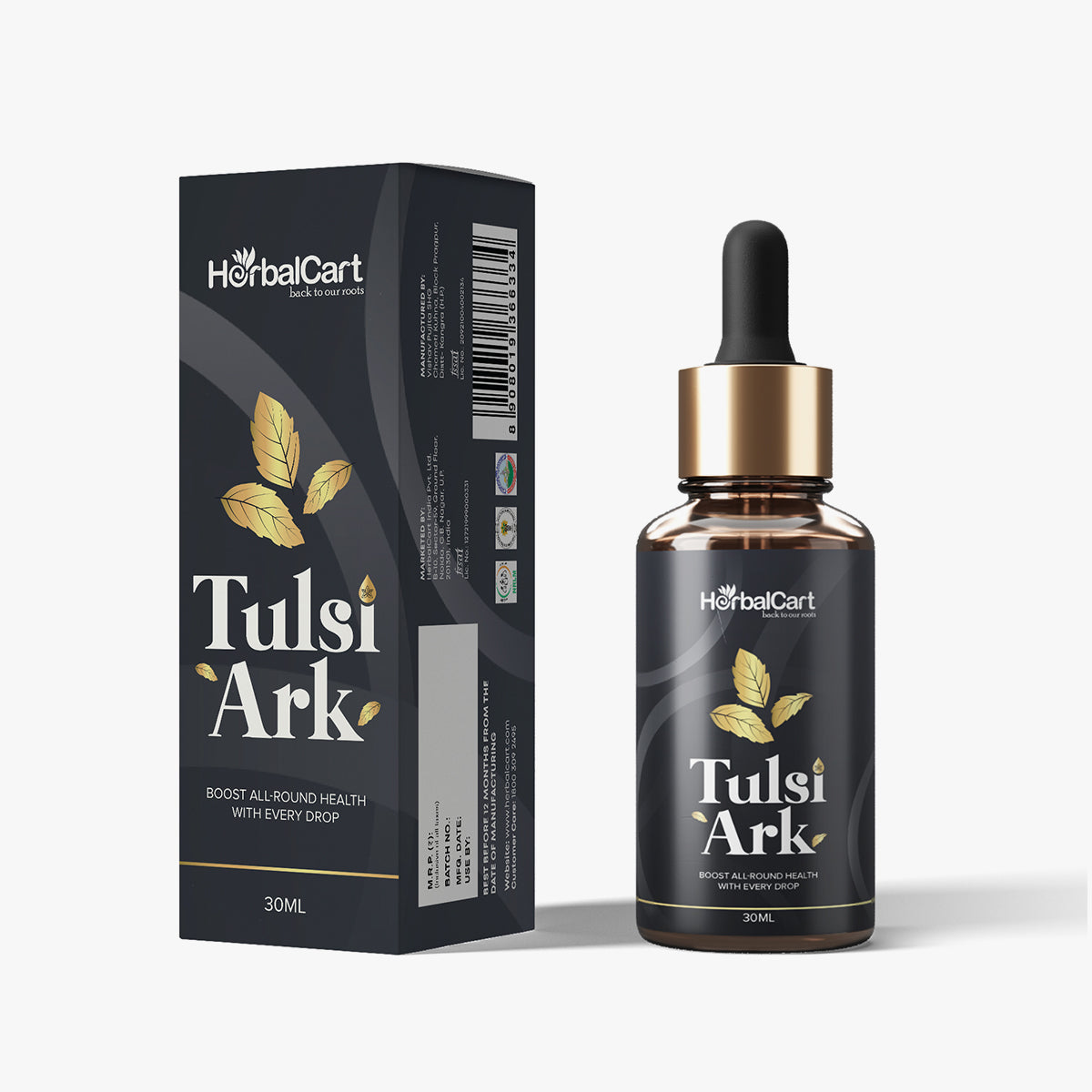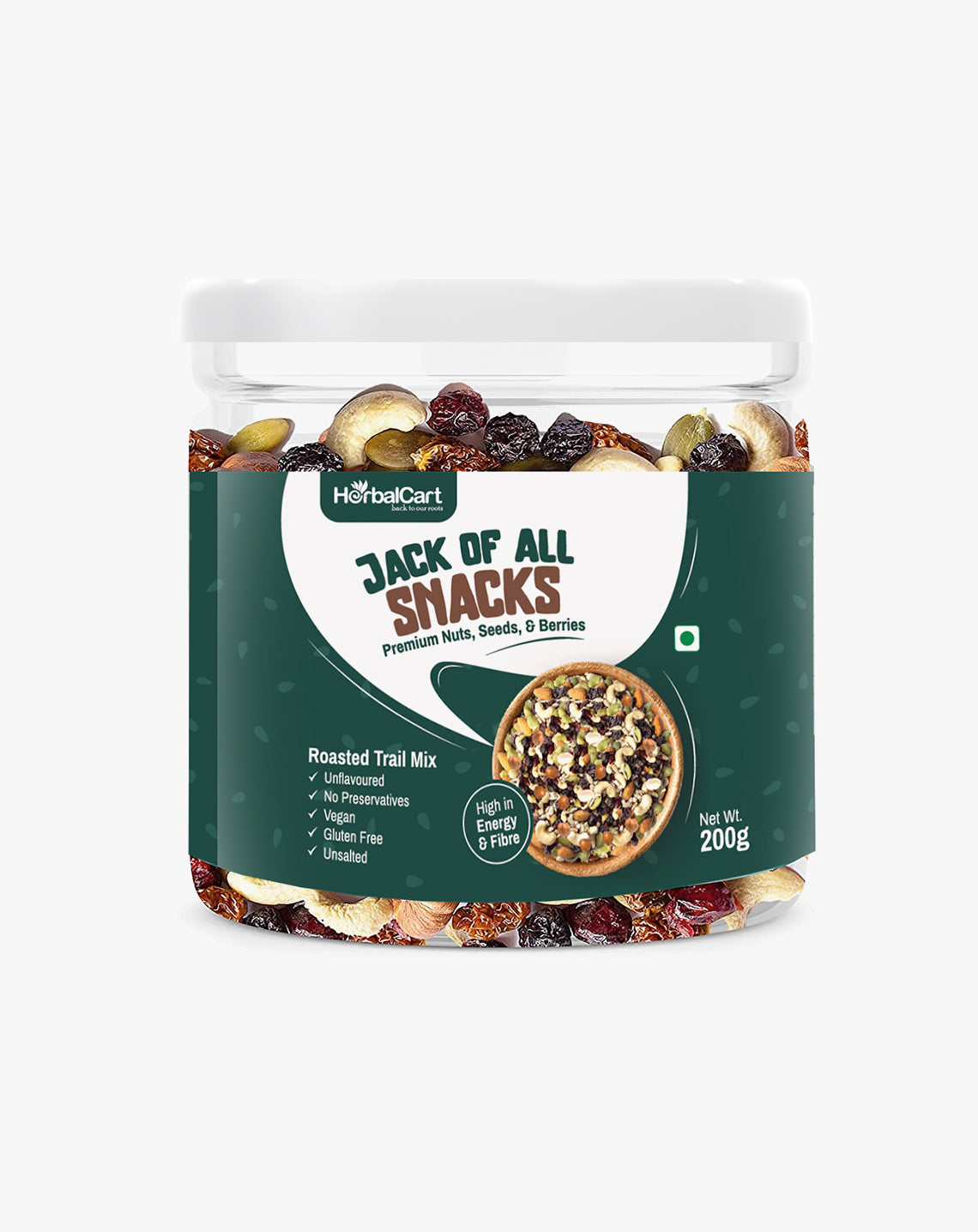Nut butter is no longer just a breakfast spread. It has moved into post-workout meals, smoothies, baking, and clean snack routines. Two options lead the conversation. Almond butter vs peanut butter. Both claim to be healthy. Both deliver protein and fat. But the difference is more than taste.
This comparison is not about trends or labels. It is about ingredients, nutrition, cost, and how the body responds to each one. Whether you want something that supports your training or digestion or simply fits your grocery plan, understanding the difference can help you choose with clarity.
Let us look at how almond butter and peanut butter compare across the things that actually matter.
Almond Butter vs Peanut Butter: What They Are Made From
Peanut butter is made by roasting peanuts and blending them into a thick paste. Some jars contain just peanuts. Others include sugar, salt, palm oil, or preservatives. The shorter the ingredient list, the better the nutritional value.
Almond butter is made by roasting almonds and grinding them until smooth. Natural versions include only almonds. Some flavored options mix in coconut sugar or vanilla.
Peanuts grow underground and belong to the legume group. Almonds grow on trees and are classified as nuts. This small difference affects how your body digests them and what nutrients they offer.
Nutrition Comparison of Almond Butter vs Peanut Butter
Let us break down what two tablespoons typically give. Most people use this amount in toast, shakes, oats, or snacks.
|
Nutrient |
Peanut Butter |
Almond Butter |
|
Calories |
About 190 |
About 190 |
|
Protein |
7 grams |
6 grams |
|
Total Fat |
16 grams |
17 grams |
|
Saturated Fat |
3 grams |
1.5 grams |
|
Carbohydrates |
6 grams |
6 grams |
|
Fiber |
2 grams |
3 grams |
|
Sugar |
1 to 3 grams |
1 gram |
|
Vitamin E |
Low |
High |
|
Magnesium |
Moderate |
High |
Almond butter brings more fiber, vitamin E, and magnesium. The fat it contains supports long-term wellness for people focused on clean eating and digestion. Peanut butter provides slightly more protein and is easier to find at lower prices.
Health Benefits of Almond Butter vs Peanut Butter
Almond butter supports the skin and internal repair due to its higher vitamin E content. Magnesium helps muscles relax and may improve sleep quality. The fiber makes digestion easier and enables you to stay full for longer. People who eat with a focus on micronutrients often lean toward almond butter for its cleaner profile.
Peanut butter delivers plant protein and provides niacin and folate, which support focus and metabolism. A small portion keeps hunger in check and works well in meals built for strength. For good reason, it blends easily into sweet and savory foods and holds a place in most kitchens.
Peanut butter is acceptable and practical if the jar contains only peanuts and salt.
Taste and Texture of Almond Butter vs Peanut Butter
Peanut butter has a roasted, bold taste. It stands out in meals and often carries the flavor of a dish. It is easier to spread and more predictable in texture across brands.
Almond butter has a lighter, almost neutral flavor that does not dominate a recipe's taste. Depending on how it is made, its texture can range from smooth to slightly thick or gritty.
Both are rich in fats and can satisfy hunger. Which one works better depends on your taste preference and how you plan to use it.
Cost of Almond Butter vs Peanut Butter
Almond butter is often more expensive. Almonds require more water and careful harvesting, and the cost reflects the growing process.
Peanut butter is easier to produce at scale, often more affordable, and available in a wider variety of sizes.
If you are shopping with a strict budget, peanut butter is a more realistic option. If you are focused on specific nutrients and do not mind the cost, almond butter offers more vitamin and mineral content per spoonful.
Common Uses of Almond Butter vs Peanut Butter
Both can be used in sweet and savory meals. The key difference is how they blend into the dish.
Peanut butter fits best in:
-
Toast and banana snacks
-
Smoothies focused on strength or post-workout nutrition
-
Cookies and savory sauces
-
Energy balls and protein shakes
Almond butter works better with:
-
Oats and breakfast bowls
-
Yogurt and fruit
-
Smoothies with greens or subtle flavor combinations
-
Recipes where the main flavor should not change
Peanut butter gives a strong roasted kick. Almond butter keeps the flavor light.
Is Almond Butter Better Than Peanut Butter
This question appears in every health group and recipe search, but there is no clear answer. One choice is not better for everyone, and the better choice depends on your current goal.
If your meals focus on digestion, skin health, or recovery from stress, almond butter may support those better with more magnesium and vitamin E.
Peanut butter makes more sense if your meals focus on protein, calorie support, or strength recovery.
Almond butter may be a safer option if you are concerned about allergens. But it is always best to check, as nut allergies vary widely.
If price matters, peanut butter is easier to manage. You can find it anywhere, and when clean, it still delivers solid nutrition.
So, is almond butter better than peanut butter? Only in some situations. It depends on the plate in front of you and what you expect it to do.
Almond Butter vs Peanut Butter in Everyday Life
Let us look at a few examples.
Peanut butter makes it simple if you are building muscle and want clean protein in your shake.
If your focus is better sleep, skin repair, or digestion management, almond butter provides nutrients to support that effort.
If you share a kitchen with others or pack snacks for a group, almond butter may avoid the allergy risk linked to peanuts.
If you are baking or making sauces, peanut butter adds more depth to the taste. If you are preparing oats, almond butter blends without overpowering.
Neither one is right every time. Your food habits will decide.
Why Raw Peanut Butter Still Works
There is a reason peanut butter still exists in so many homes. It is affordable, pairs with almost anything, and delivers nutrition without requiring you to change your meals.
You get good value without compromise if the label says only peanuts and salt.
You do not need to replace peanut butter unless your meals call for something that almond butter does better.
Final Thought on Almond Butter vs Peanut Butter
You do not have to pick one and stick with it. These spreads can serve different roles. One may support your recovery, and one may support digestion. Both are better than highly processed options.
Almond butter may be better if you want fiber, vitamin E, and a lighter fat content. However, if you want protein, cost control, and a stronger taste, peanut butter still wins in most kitchens.
Let your needs decide. Not the label. Not the trend. Your plate has the final word.





